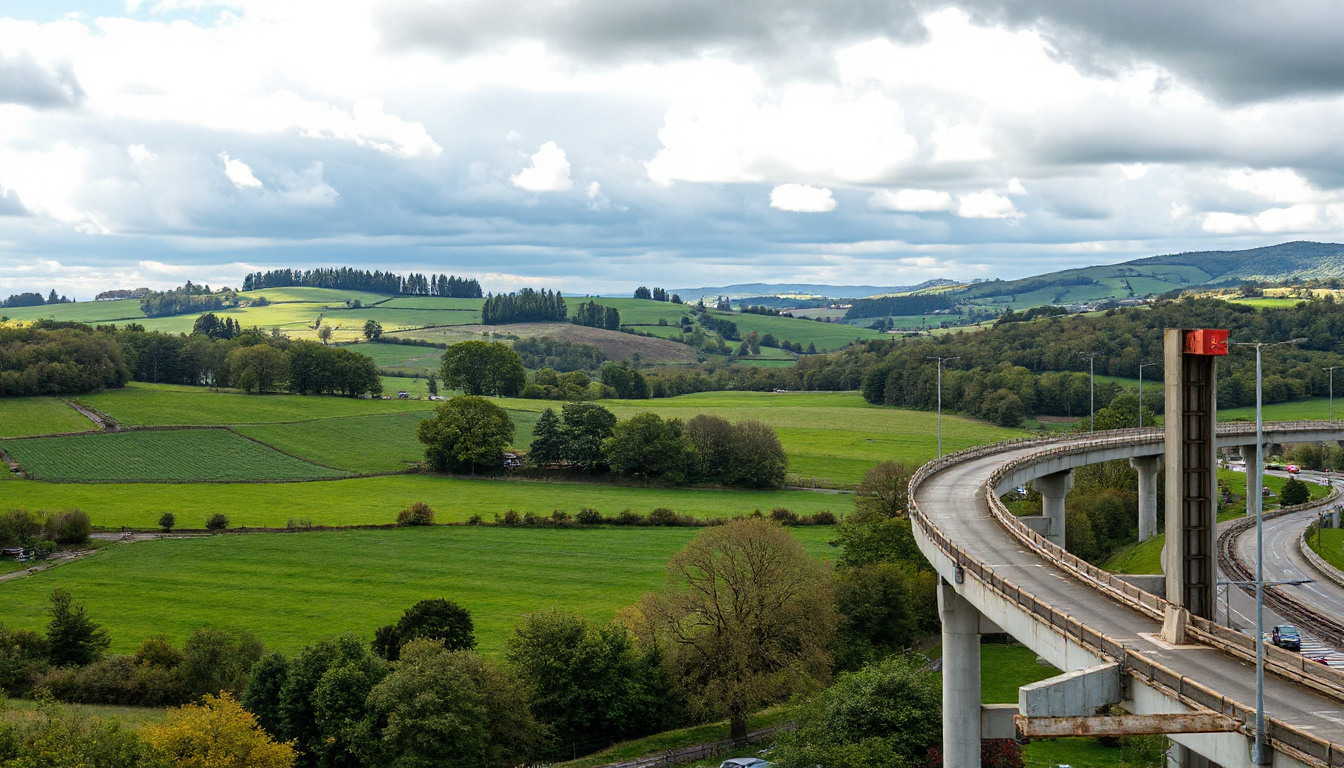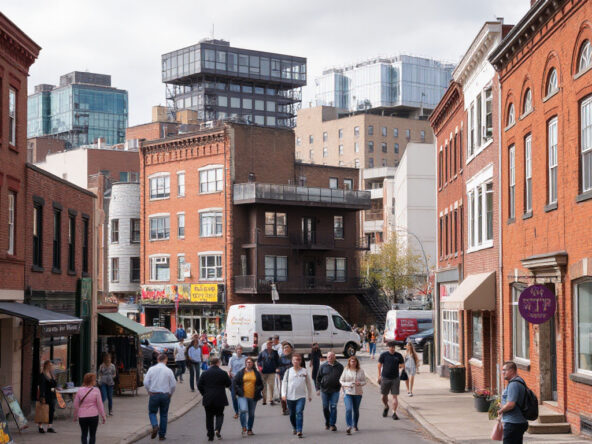Plans for Expressway Between Cambridge and Oxford Put on Hold
Many groups and local authorities supported a plan to build a fast road between Cambridge and Oxford. The idea was to connect these old cities with a direct road. The plan is now off the table, which raises new questions about travel between the two cities.
Current Travel Challenges
Cambridge and Oxford lie 66 miles apart. Yet, the drive is long and hard. Many drivers must pass through London. In the past, a railway called the "Varsity" line linked the cities. Today, drivers often take a slow main road route. It now takes about two hours to drive, which makes many people want faster travel.
Government Initiatives and Economic Potential
The UK Government has shared plans for an Oxford-Cambridge Growth Corridor. Some see it as a chance to build a tech hub in Europe. Chancellor Rachel Reeves spoke of a big gain for the UK. Estimates show that this corridor might add up to £78bn to the economy in the next ten years. At the same time, work on a new rail project called East West Rail moves ahead to cut travel times and bring the cities closer.
Previous Expressway Proposals
In 2016, a plan appeared for a new express road. This route would have two lanes in each direction. The goal was to reduce drive time by about 40 minutes. People dubbed the plan the ‘brain belt expressway.’ It would have joined the A14 in Cambridgeshire with the A34 in Oxfordshire, near Milton Keynes. The cost was thought to be around £3.5bn. Early interest grew quickly, but the plan soon lost support.
In September 2017, the Conservative Government chose a route that ran next to the new rail line. They planned to build new towns to help ease local housing problems. The scheme included the possibility of building up to one million new homes by 2050. Many local leaders, including James Palmer, the Mayor of Cambridgeshire and Peterborough, supported the idea.
Increasing Opposition and Project Cancellation
By July 2019, more voices joined the campaign against the expressway. In South Oxfordshire, the local council voted against the plan. Critics pointed to the benefits of stronger rail links. They also worried about harm to the natural areas from building more roads. When the Covid-19 pandemic began, the Government paused the work. In March 2021, Transport Secretary Grant Shapps confirmed the plan was canceled. At that point, about £28m had been spent.
After canceling the road, the Department for Transport told the public that they would work on new ideas alongside the new rail line. One plan in Cambridgeshire is the £1bn A428 Black Cat to Caxton Gibbet project. This project aims to improve travel on local roads.
Future Transport Connectivity
The new rail scheme now has many supporters. With East West Rail, train travel between Cambridge and Oxford may drop to 90 minutes. This is a big change from a two-and-a-half-hour train ride today. There is also talk about reopening parts of the old "Varsity" line to help with travel.
With the current politics and public views, restarting the express road plan seems unlikely. Many now choose to focus on better rail links over new big road projects.
Conclusion
The end of the express road plan shows how opinions on travel and growth in the UK are changing. With travel methods shifting to use less energy and respect the local scene, the future of travel between Cambridge and Oxford will depend on smart rail ideas over old road plans. New projects will aim to support the growing needs of these cities while respecting their history and nature.
Sources
- Cambridge News – Shelved Expressway Plans
- West Midlands Combined Authority – Oxford-Cambridge Growth Corridor
- BBC News – East West Rail Updates
- Department for Transport – Road and Rail Projects
Disclaimer: This article has been generated by AI based on the latest news from Google News sources. While we strive for accuracy, we recommend verifying key details from official reports.



